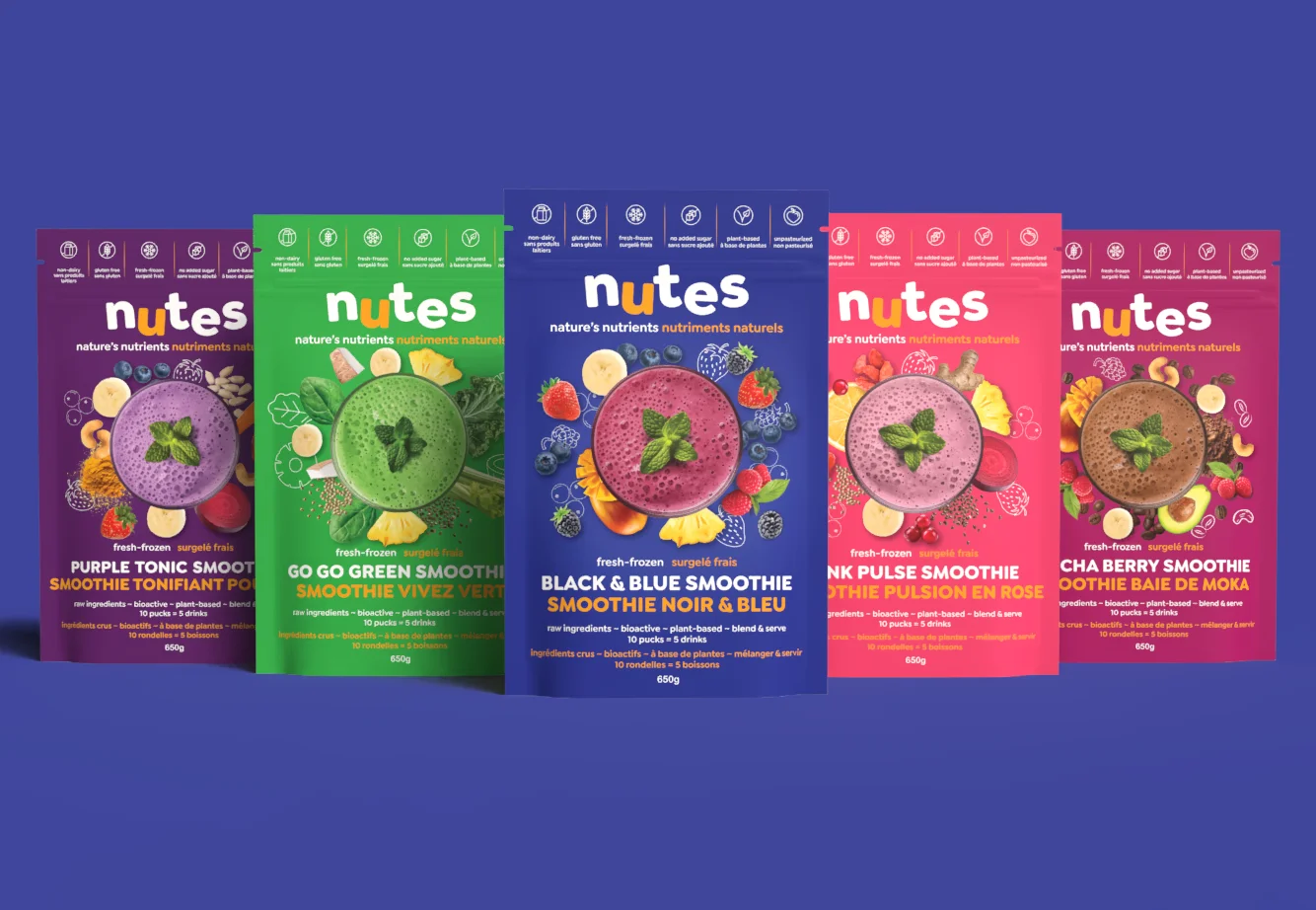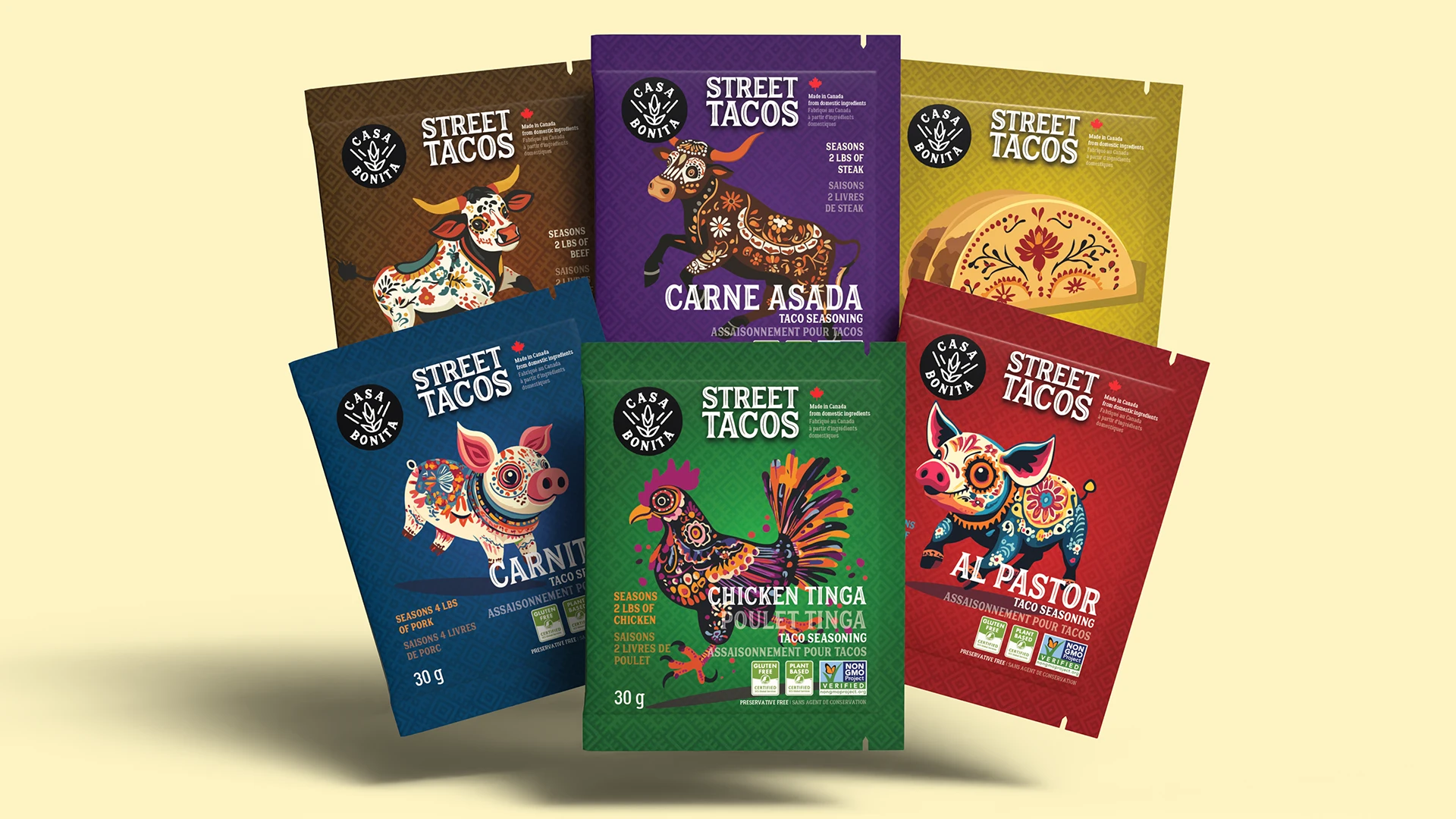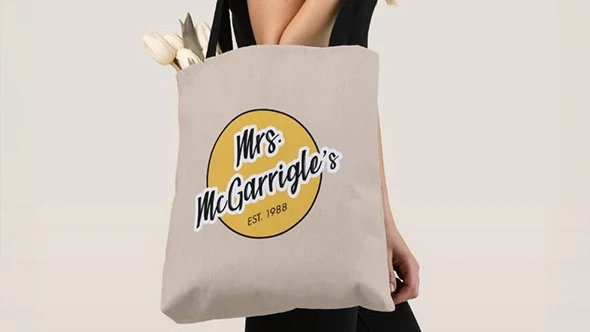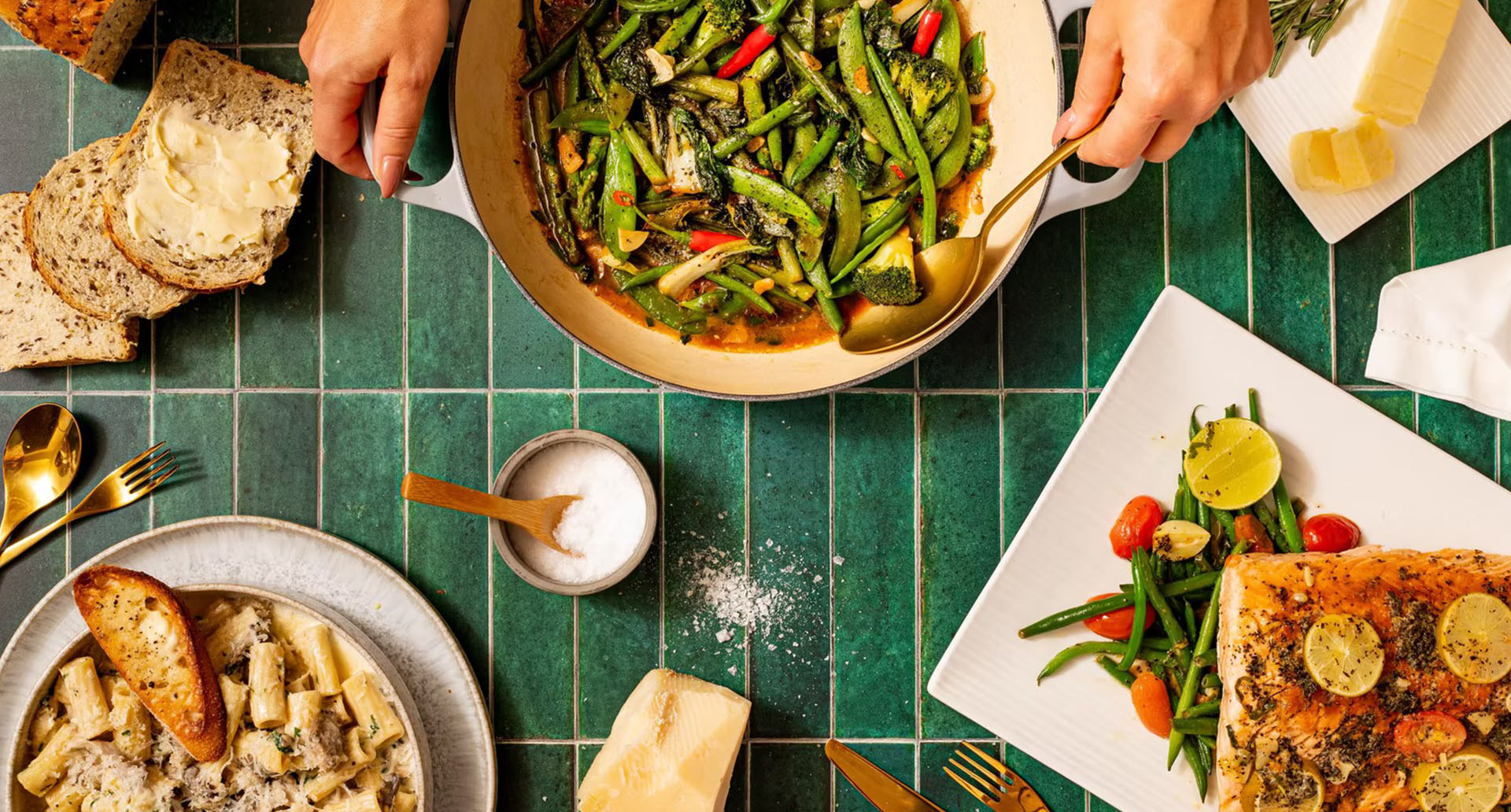Tips, insights, and a sprinkle of food puns from the team at NOVO MxC
So, you’ve whipped up a killer recipe, taste-tested it to perfection, and now you’re ready to share it with the world. But unless you’ve got a commercial kitchen in your basement and the stamina of a sous-chef on espresso, you’re going to need a manufacturing partner. That’s where the journey begins—and trust us, it’s not as simple as Googling “make my granola, please.”
Whether you’re launching a new snack brand, dreaming of the next great cold brew, or bottling Grandma’s famous hot sauce, the right food manufacturer can make or break your business. At NOVO MxC, we’ve helped dozens of food and beverage entrepreneurs take their products from kitchen to shelf, and we’re sharing our best tips with you right here.
So grab a cup of coffee and let’s dig in!
1. Know What You’re Cooking Up
Before you start looking for a manufacturer, get crystal clear on your product and what it needs. Is it refrigerated or shelf-stable? Organic or conventional? Dry, frozen, or liquid? Each type of product comes with different manufacturing requirements, equipment, certifications, and minimum batch sizes.
Think of it like dating: if you don’t know what you’re looking for, you’ll end up wasting time swiping right on all the wrong matches.
Actionable Tip:
Write a product one-pager with key details: ingredients, shelf life, packaging type, certifications (e.g., organic, gluten-free, kosher), estimated production volume, and target price per unit. This will make conversations with manufacturers smoother and faster.
2. Decide Between a Co-Packer or Private Label
When it comes to manufacturing, you’ve got two main options: co-packing or private label.
- Co-packers will use your recipe and produce it under your brand. This is great if you want to keep your formulation unique.
- Private label manufacturers offer ready-made products that you can brand as your own. It’s a faster, lower-cost way to hit the shelves, but you’ll be selling the same base product as others.
Actionable Tip:
If protecting your recipe or owning a unique flavor profile is important, co-packing is the way to go. If speed to market and low setup costs matter most, explore private label options.
3. Tap Into the Right Networks
Finding a manufacturer is less about casting a wide net and more about asking the right people. Here are a few places to start:
- Attend trade shows like SIAL Canada or CHFA Now
- Join food entrepreneur groups on LinkedIn and Facebook
- Ask your suppliers, packaging vendors, or industry consultants (like us!) for referrals
- Use directories like Maker’s Row, ThomasNet, or Canadian Food Export Directory
Actionable Tip:
Don’t be shy—send a short, professional inquiry email with your product one-pager and ask if they’re accepting new clients. If they’re not, ask if they can recommend someone who is. Food folks are surprisingly friendly.
4. Vet Before You Set (a Deal)
Once you’ve found a few potential manufacturing partners, do your homework. Not all facilities are created equal, and you want someone who treats your product with the same love you do.
Ask for:
- Third-party certifications (e.g., HACCP, SQF, GMP)
- Photos of their production facility
- Client references
- A sample run (even a small one)
Actionable Tip:
Visit the facility in person if possible. There’s nothing like seeing how the sausage is made—literally. And if you can’t visit, ask for a video walkthrough of their setup.
5. Get Real About MOQs and Costs
Every manufacturer has a Minimum Order Quantity (MOQ), and every entrepreneur has a budget. Your job is to make sure those two things can co-exist peacefully. Be clear about your run sizes and cash flow, and ask if the manufacturer offers scaled pricing or flexibility for startups.
Also, don’t forget about packaging—you’ll need to coordinate timing with your packaging supplier (something we at NOVO happen to specialize in 😉).
Actionable Tip:
Make a spreadsheet with quotes, MOQs, and timelines for each manufacturer. This makes comparison easier and helps with planning your launch (or scale-up) strategy.
6. Consider Geography
Local vs. global. That’s the question. While overseas options might be cheaper, working with a domestic manufacturer (especially one in Canada) means:
- Faster lead times
- Lower shipping costs
- Easier communication (and fewer time zones to juggle)
- Bonus: Made in Canada is a strong marketing angle
Actionable Tip:
If you’re a Canadian brand, prioritize domestic manufacturers during the early stages to simplify logistics and scale more smoothly.
7. Don’t Forget the Legal Stuff
Before you sign on the dotted line, be sure to:
- Review the contract with a lawyer (yes, even if your manufacturer “seems chill”)
- Clarify IP ownership (you should own your recipe!)
- Discuss quality control protocols, liability, and recall procedures
Actionable Tip:
Request a formal product development agreement and a production schedule. Clarity now saves headaches later.
Ready to Get Cooking?
Finding the right food manufacturer is like finding the perfect sous-chef—it takes time, trust, and a shared vision. But once you’ve got the right partner, it’s go time.
If you’re feeling overwhelmed or unsure where to start, that’s where we come in. At NOVO MxC, we’ve helped food and beverage brands launch and grow through strategy, branding, packaging design, website design, food photography, video production, and animation. Whether you need help making your product stand out on the shelf or turning your vision into a scalable business, we’re here to help.
Let’s make something delicious together.
Please give us a call at 416-892-2471 or reach out to us using the contact form at the bottom of this page.




